
- Posted
The Bennett Institute at PyCon UK 2025!
We sponsored PyCon UK this year, and a bunch of us attended the conference and ran a booth there. Come and find out how it all went!
Latest news and views from around the Bennett Institute

We sponsored PyCon UK this year, and a bunch of us attended the conference and ran a booth there. Come and find out how it all went!

It’s now possible to easily share Measures and results of custom analyses on OpenPrescribing Hospitals. Here’s how to do it.

A new tool for exploring clinical code usage

New OpenPrescribing and OpenPrescribing Hospitals measure to support work to manage the discontinuation of insulin detemir.

We’ve made a video!

We have two new measures available now for SGLT-2 inhibitors.
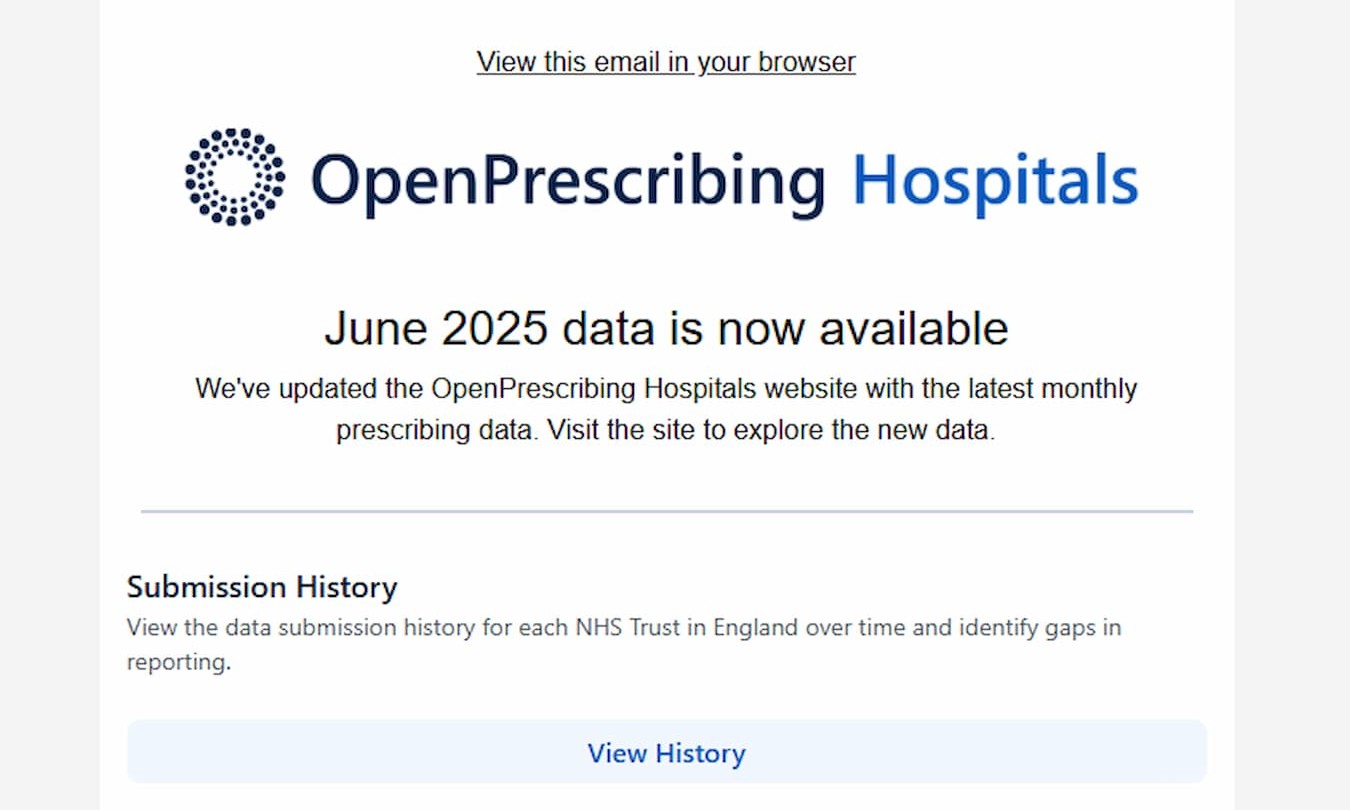
Stay updated with notifications of new OpenPrescribing Hospitals features and data releases.
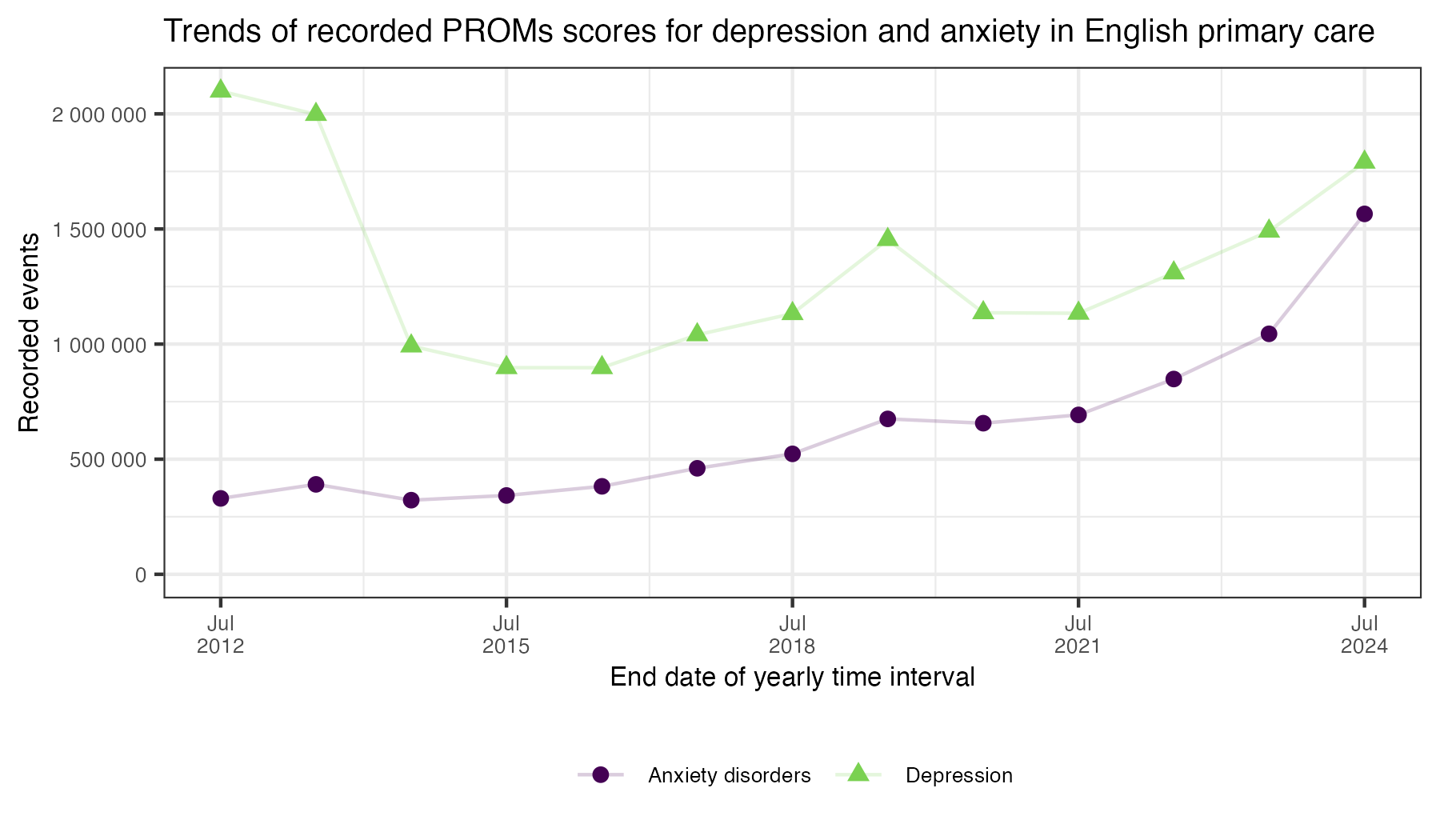
This blog, written as part of the HDRUK 2025 Health Data Science Internship Programme, explores how Patient Reported Outcome Measures (PROMs) and psychological therapies for anxiety disorders and depression are captured in primary care data in England.
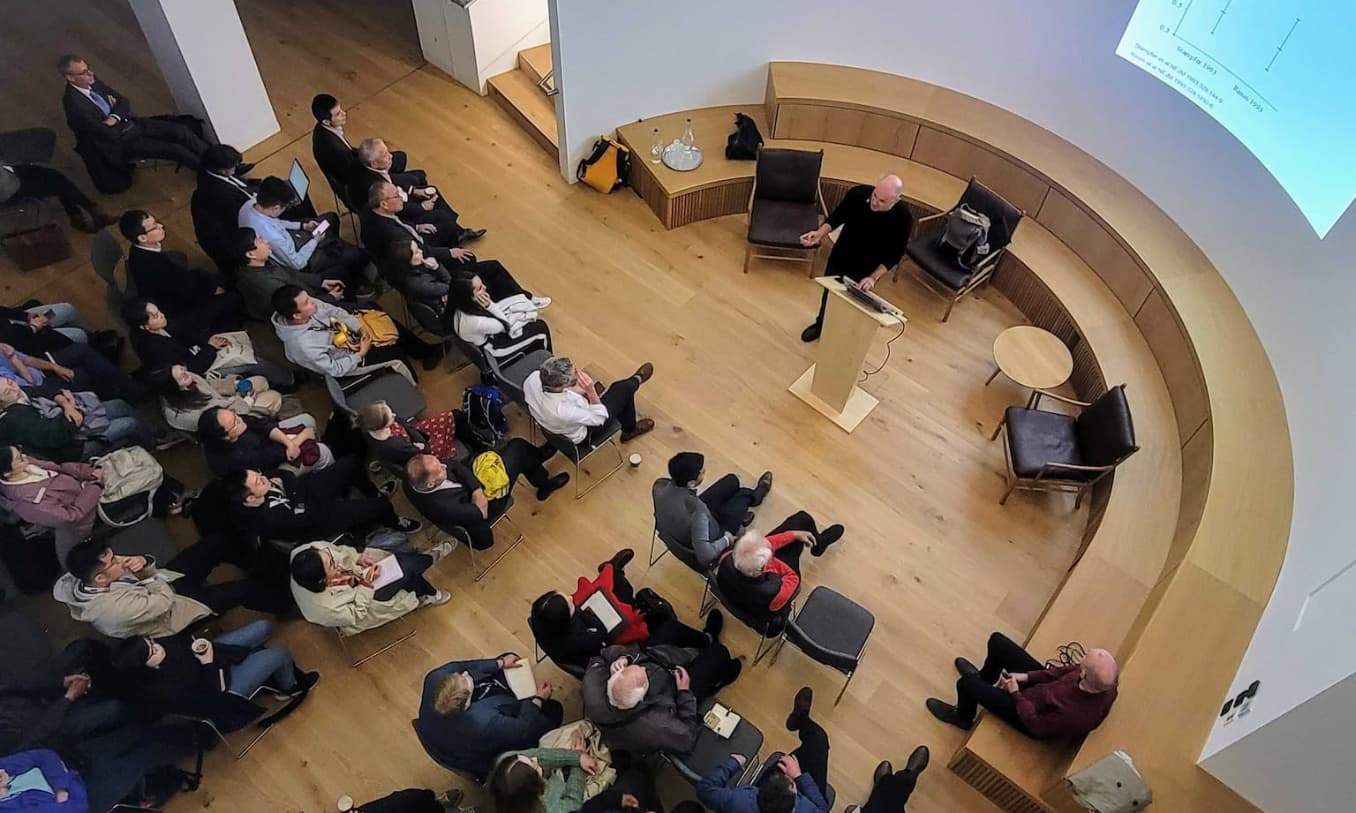
We’re excited to open registration and submissions of ideas for the 2025 Bennett Institute Medicines Symposium, a two-day event that brings together everyone working with NHS medicines data.

This newsletter contains all the latest updates from OpenPrescribing

A look at how to run a multi-product analysis on OpenPrescribing Hospitals.

How to choose the most appropriate quantity type for custom analyses on OpenPrescribing Hospitals.

A look at how to use the summary tables produced in custom analyses on OpenPrescribing Hospitals.
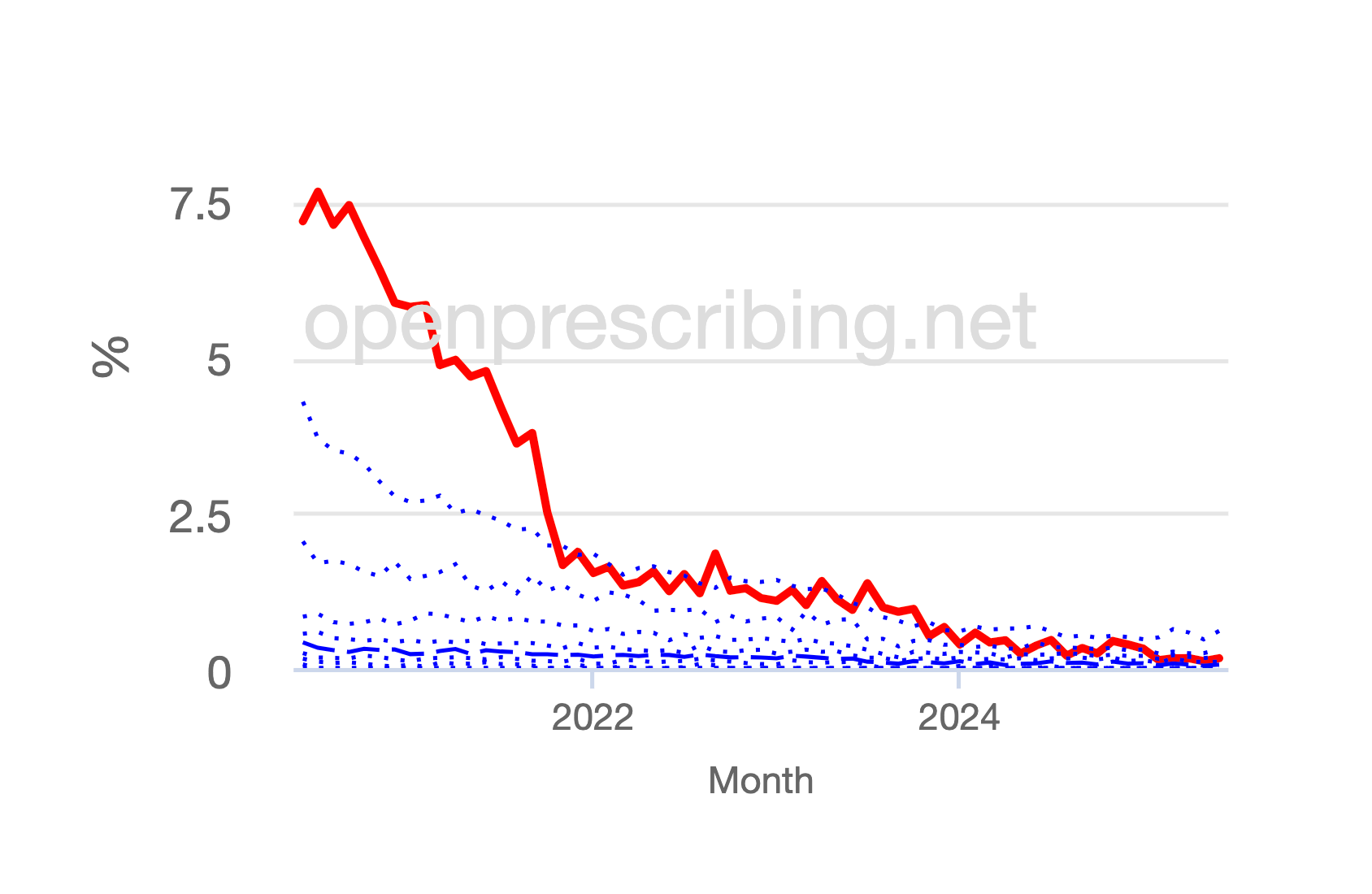
In this guest blog James Galloway a Professor of Rheumatology and an Honorary Consultant Rheumatologist in South London, at King’s College London describes how his team used OpenPrescribing to reduce unsafe methotrexate prescribing and shares his thoughts on improving quality of care may deliver most improvements for the populations health.
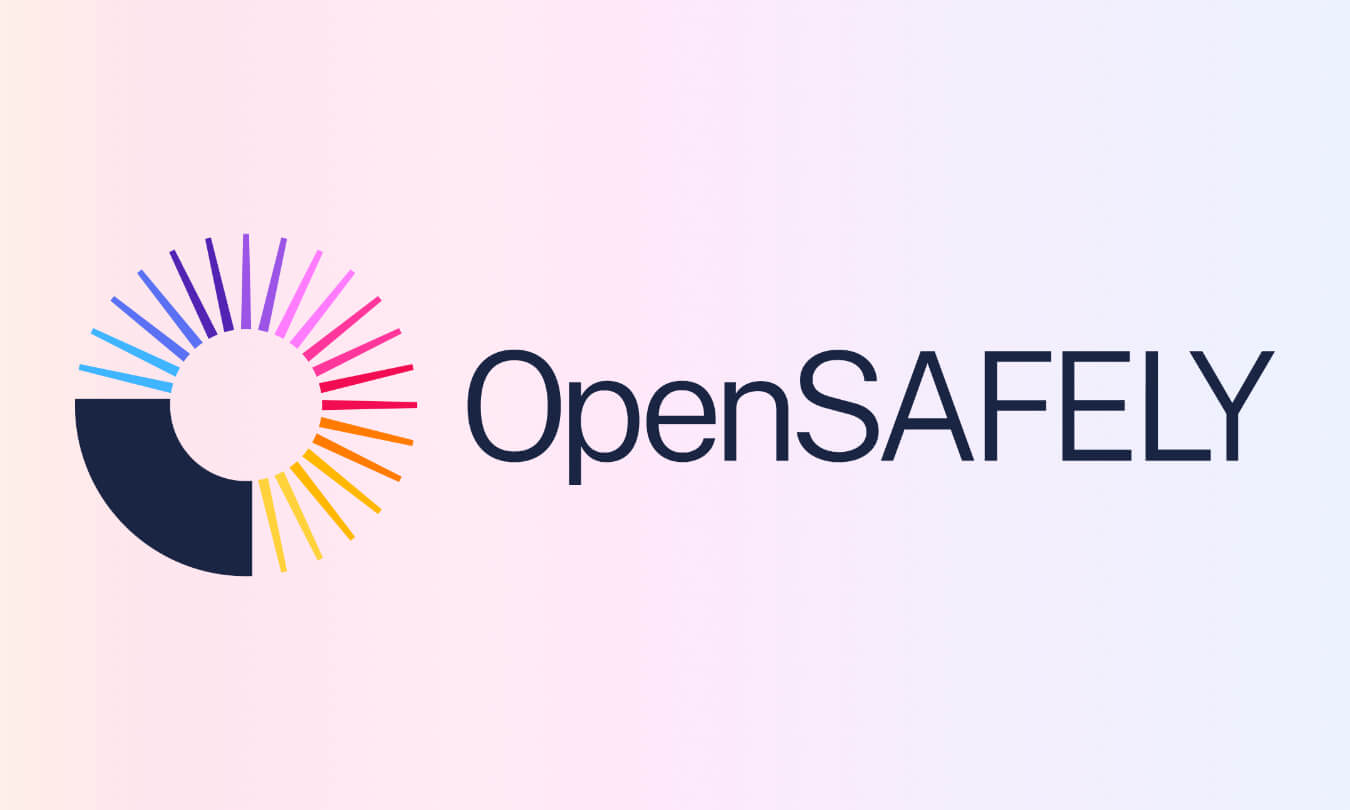
We are looking for people to be part of a new Experience-led Public Advisory Group that will meet regularly to advise and guide the development phases of the OpenSAFELY-Talking Therapies programme.

How you can run custom analyses of variation in medicines issuing across NHS trusts, ICB, region and nationally.

A summary of our research letter highlighting continuing co-proxamol use, published in the British Journal of General Practice

Come and work with us! We’re looking for Epidemiologists / Health Data Scientists to join our growing research team.